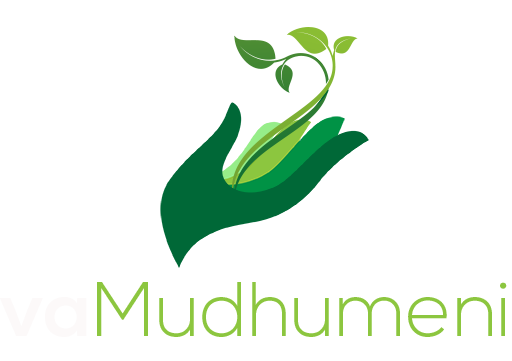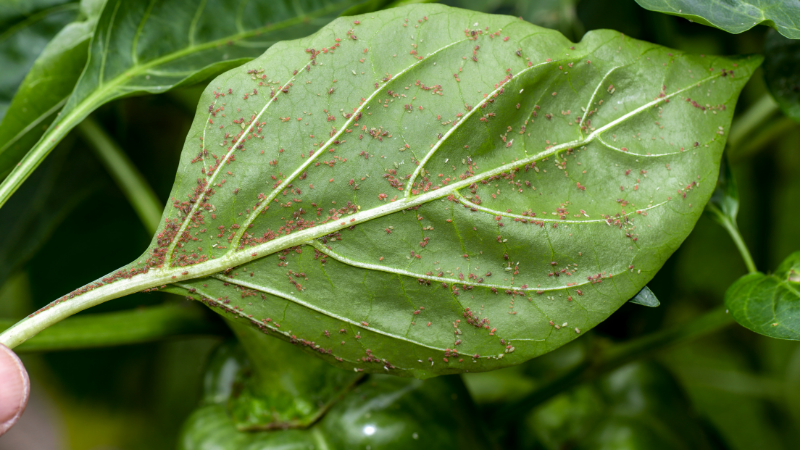By Lynette Simango
Aphids can be troublesome. They pierce the vegetable surface and suck the juices. This reduces both quality and quantity. It is best you get rid of aphids before you drown in losses. Below are management tips on how to deal with aphids.
This applies here as well. There is a need to prevent the contamination of aphids by destroying and removing crop residues immediately after harvest. Aphids also can be abundant on weeds, so proper sanitation and thorough weed control in and around crops may help prevent aphid buildup and dispersal.
If you anticipate aphid infestations, you should begin scouting soon after stand establishment. Pay close attention to windward edges of fields. This is because aphids first infest field margins nearest the direction of prevailing winds. Aphid colonization begins with the movement of a few winged females into fields that give birth to live nymphs. Many of these offspring will become mature, wingless aphids that in turn will deposit more live nymphs.
Infestations can develop quickly when weather conditions are favorable, and fields should be scouted frequently, at least two to three times per week.
Assuming it’s too late and the aphids have already infested your vegetable garden here is how you deal with them.
The first thing you can do is to remove them by hand by spraying water or knocking them into a bucket of soapy water. You can also make use of natural or organic sprays like a soap-and-water mixture, neem oil, or essential oils to control them. Employment of natural predators like ladybugs, green lacewings, and birds has been seen to be very effective or even growing the right plants that attract predatory insects, plants that repel aphids, and plants that “trap” aphids.
#vaMudhumeni #Helpingfarmersgrow #Dealingwithaphidsthenaturalway

